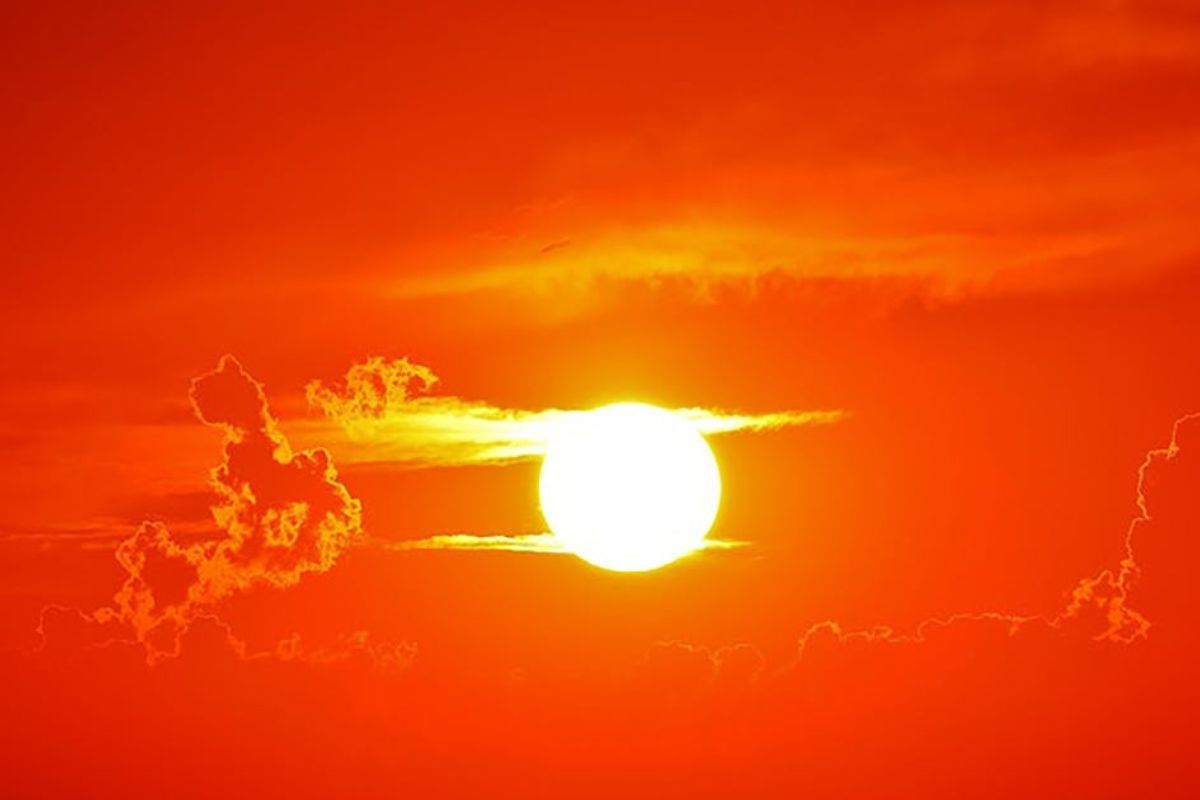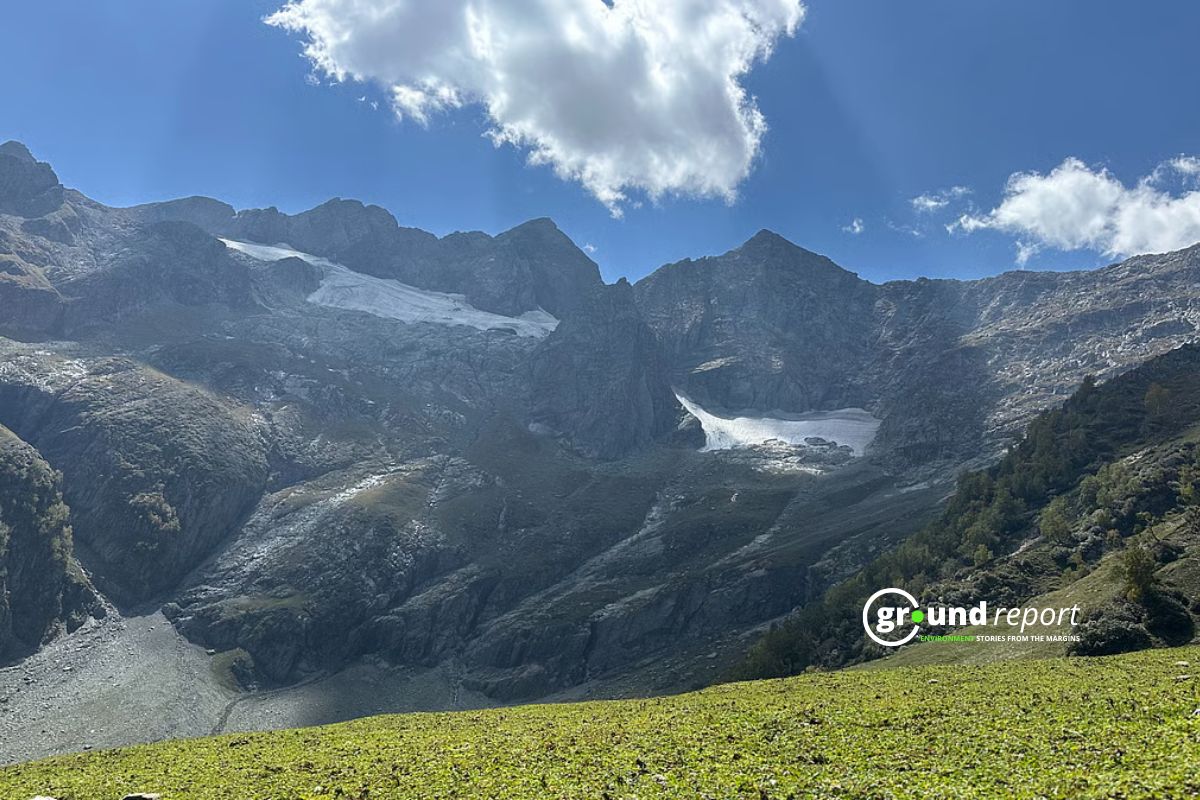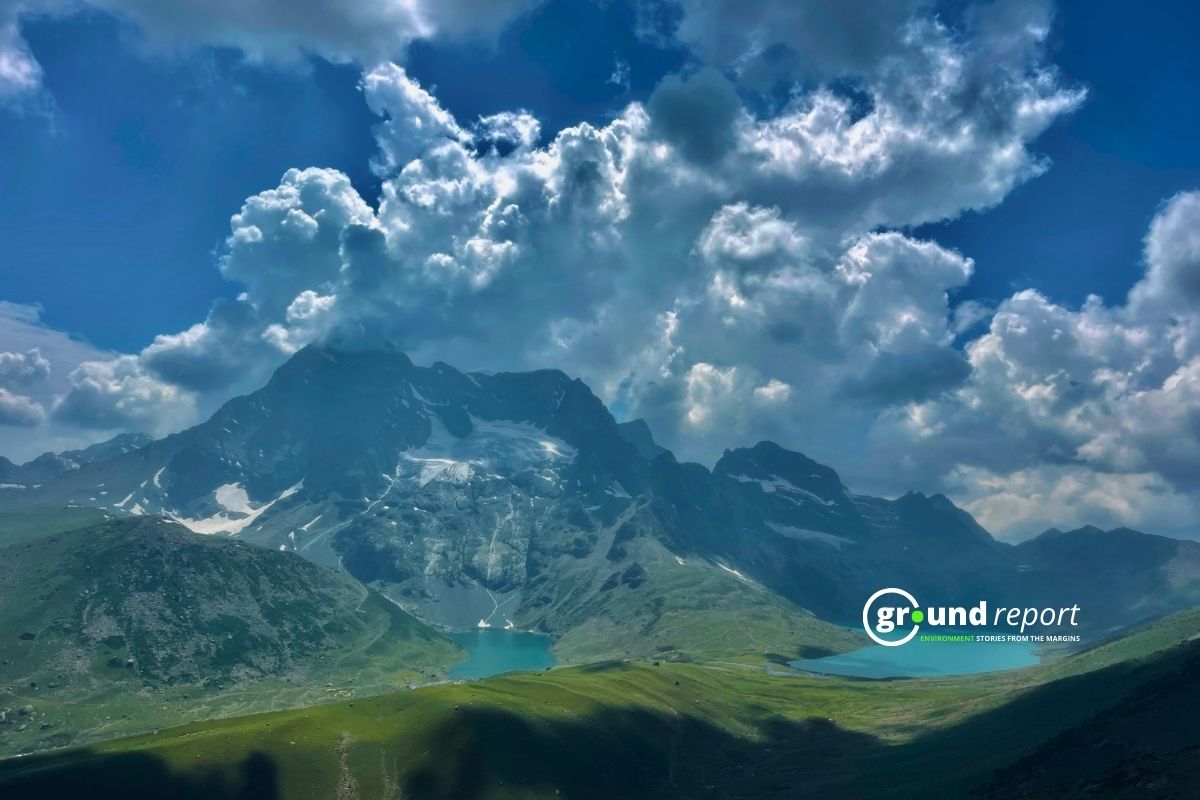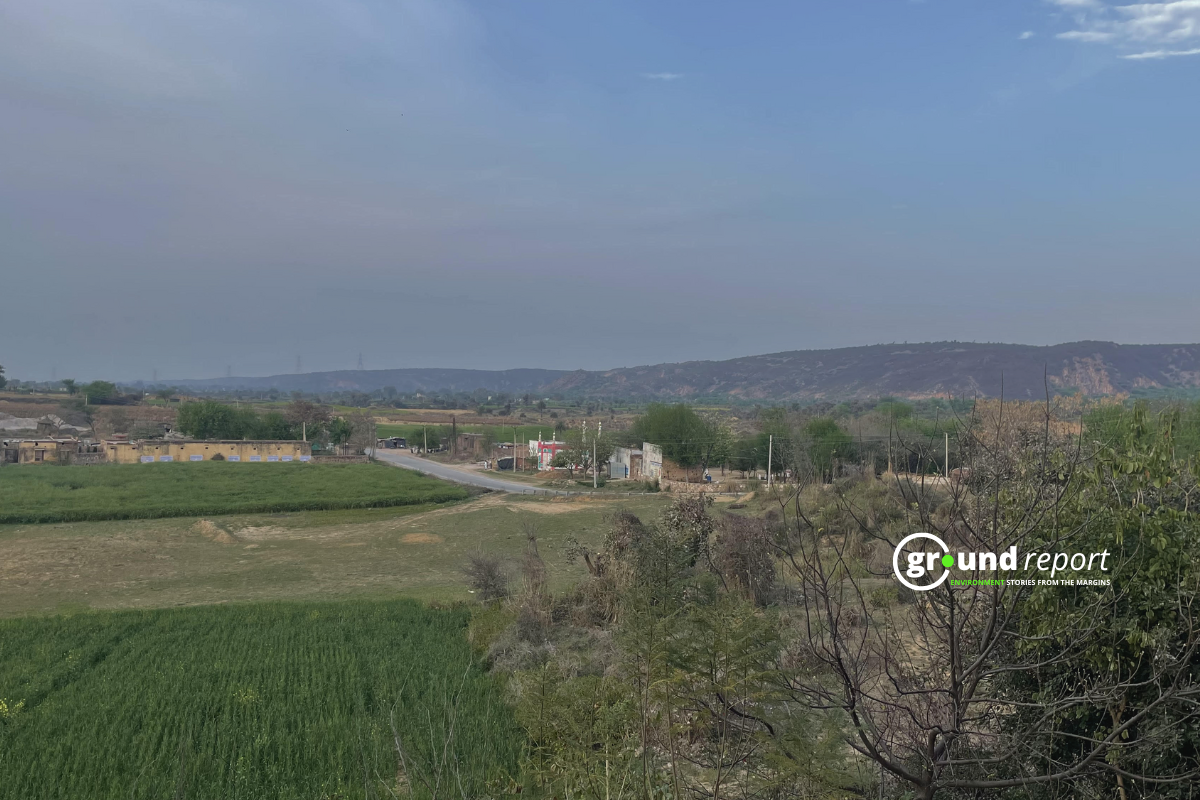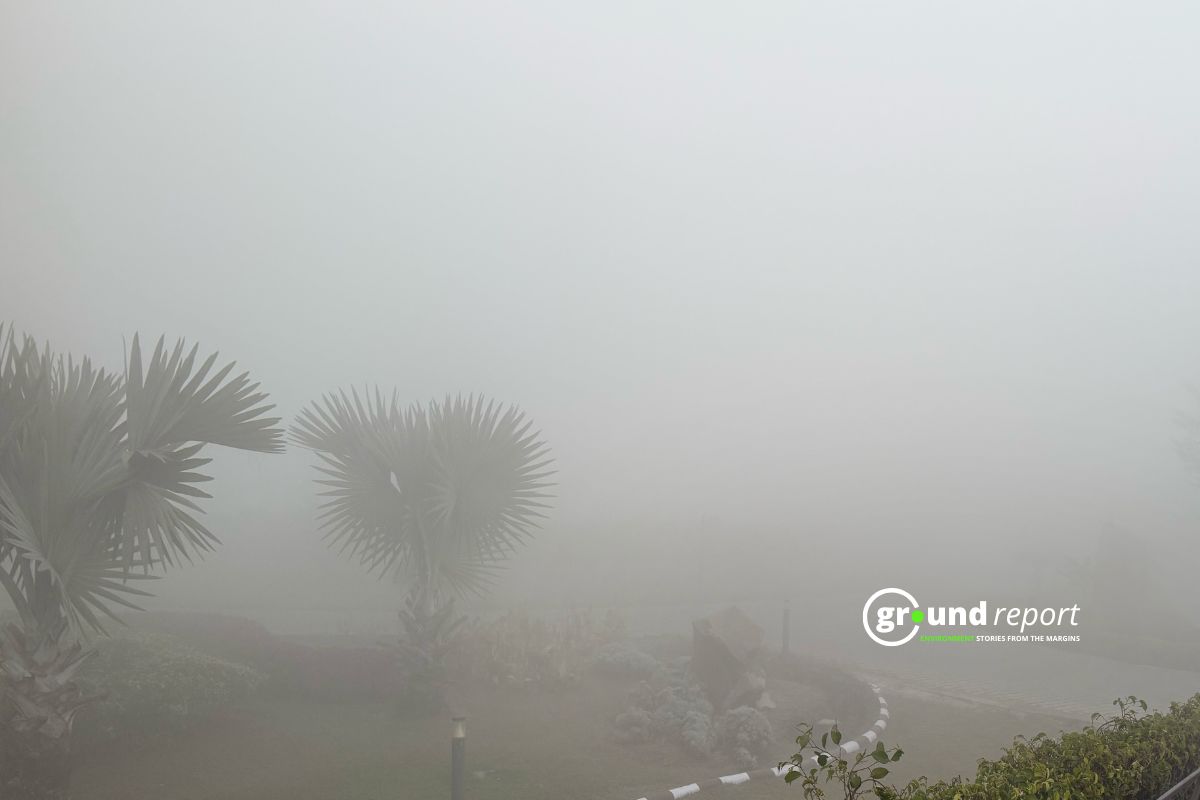Climate models show global temperature increases due to human-induced climate change, but a study reveals a twist: summers heat up faster than winters.
The study, published in Science Advances, was led by earth scientist Niels de Winter from Vrije Universiteit Amsterdam and Vrije Universiteit Brussel. They studied fossil shells from the Pliocene epoch, around 3 million years ago, when Earth’s average temperature was 2.5 to 3 degrees Celsius warmer than today.
“We took a snapshot of the past climate to understand how seasons responded to the warmth,” de Winter explained. “The findings were eye-opening.”
The team studied fossil shells from mollusks like oysters, cockles, and scallops found in Antwerp, Belgium. These shells, remnants from the ancient North Sea that once covered parts of modern-day Flanders and the Netherlands, hold detailed climatic records.
Using “clumped isotope analysis,” researchers measured rare heavy isotopes of oxygen and carbon within the shells’ carbonate structure, accurately reconstructing the formation temperatures without assumptions about seawater composition.
The results are concerning: Pliocene winters were around 2.5 degrees Celsius warmer than today, while summers saw a 4.3-degree temperature spike.
“This disparity means we’re likely to experience stronger temperature differences between summer and winter as the planet continues warming,” de Winter warned. “The chance of extreme heatwaves will increase significantly.”
The study’s findings align with climate models projecting future temperature changes, predicting amplified summer warming for 2100 under current emission scenarios.
“We’re essentially getting a glimpse of what the climate in Europe and other mid-latitude regions might look like if we continue on our current trajectory,” de Winter cautioned.
The impeachment has far-reaching implications. Prolonged summer heatwaves could strain energy systems, exacerbate droughts, and pose severe risks to human health and agriculture. Ecosystems may struggle to adapt to rapid seasonal shifts, leading to widespread disruptions.
“This study is a wake-up call,” said climate scientist Jane Smith from the University of Cambridge, who was not involved in the research. “We need to act now to mitigate further warming.“
As the evidence mounts, the urgency to address climate change grows. Policymakers, industries, and individuals must work together to reduce greenhouse gas emissions and implement adaptive strategies to cope with the looming impacts of a warmer world with scorching summers.
Keep Reading
Part 1: Cloudburst in Ganderbal’s Padabal village & unfulfilled promises
India braces for intense 2024 monsoon amid recent deadly weather trends
Support us to keep independent environmental journalism alive in India.
Follow Ground Report on X, Instagram and Facebook for environmental and underreported stories from the margins. Give us feedback on our email id greport2018@gmail.com.
Don’t forget to Subscribe to our weekly newsletter, Join our community on WhatsApp, and Follow our YouTube Channel for video stories.
